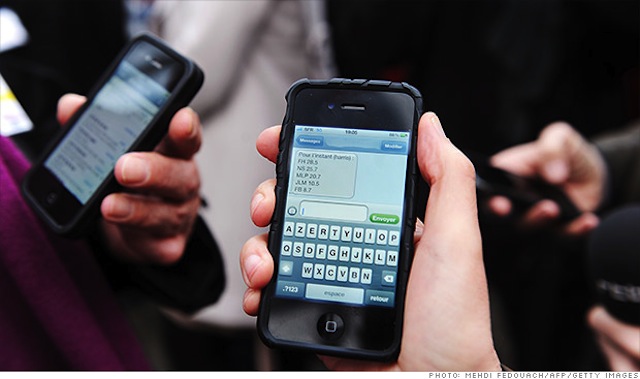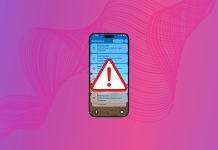
In light of the recent PRISM scandal, Apple has decided to speak up and reaffirm its commitment to customer privacy by releasing an official statement on its website. Apple also repeated that it first heard of the government’s PRISM program when the media asked about it on June 6. Apple went on to explain just how it handles government requests for customer content.
Apple explained that it “does not provide any government agency with direct access to our servers, and any government agency requesting customer content must get a court order.” Apple, with permission from the U.S. government, is providing a little insider information about how it handles these kinds of requests.
According to Apple, from December 1, 2012, to May 31, 2013, it received between 4,000 and 5,000 requests from U.S. law enforcement for customer data with 9,000-10,000 accounts or devices specified in those requests. The requests came from federal, state and local authorities and included both criminal investigations and matters of national security. The requests most often concerned the police investigating robberies or similar crimes, searching for missing children, trying to find a patient with Alzheimer’s disease, or hoping to prevent a suicide.
Apple’s Legal team evaluates each request, regardless of circumstance and, if appropriate, will pass on the “narrowest possible set of information to the authorities.” Apple insists that any unnecessary information is not provided and, at the time, if it sees inconsistencies or inaccuracies in a request, it will refuse to fulfill it.
Apple reiterates its priority in protecting customers’ personal data and doesn’t collect or keep personal details. There is certain information that wouldn’t be provided to the law because Apple doesn’t even hold on to it. The example the company gave is conversations over iMessage and FaceTime, which are protected by end-to-end encryption so no one but the people involved in the conversation can read them. Apple can’t even decrypt the data. Data related to customers’ location, Map searches, or Siri requests are similarly unidentifiable.
“We will continue to work hard to strike the right balance between fulfilling out legal responsibilities and protecting our customers’ privacy as they expect and deserve,” Apple’s statement concludes.
Image Credit: CNN






